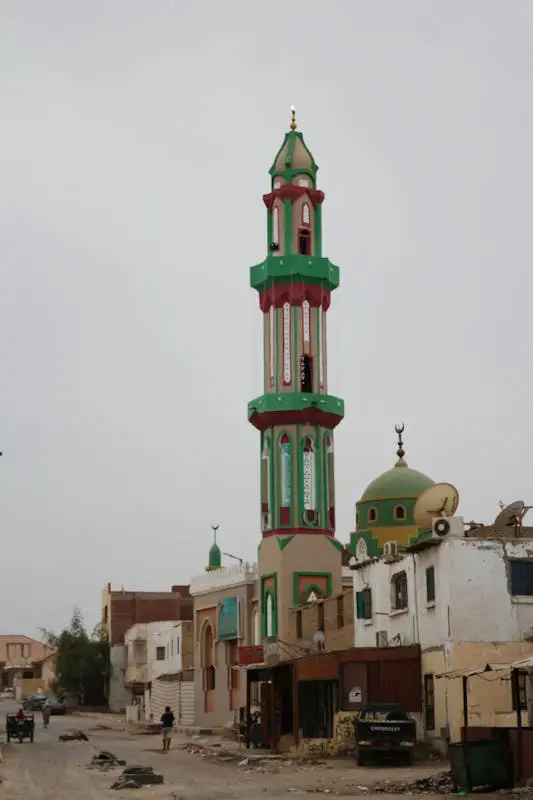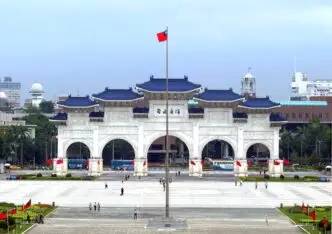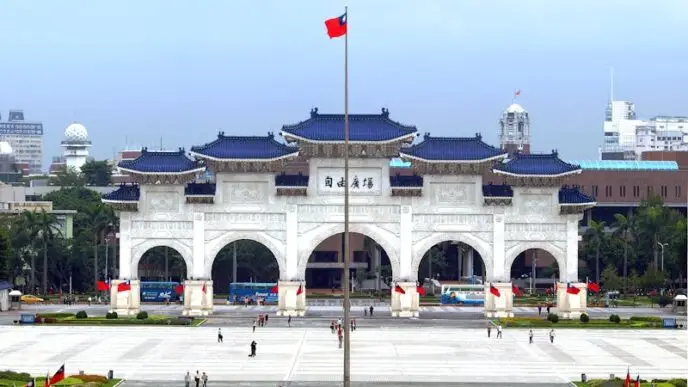The Biden Administration has come under sharp criticism for its late declaration of genocide related to the ongoing conflict in Sudan. The incoming Chairman of the Senate Foreign Relations Committee has publicly criticized the administration for waiting until just 13 days before the end of their term to declare the atrocities in Sudan’s war as genocide. This move has stirred a heated debate on the administration’s foreign policy strategy, raising questions on whether the decision was a matter of political convenience or a genuine recognition of the seriousness of the situation in Sudan.
The conflict in Sudan has been a humanitarian crisis for years, with atrocities escalating to unprecedented levels. The declaration of genocide, which denotes acts committed with intent to destroy, in whole or in part, a national, ethnic, racial or religious group, is seen as a crucial international condemnation that could potentially pave the way for international intervention. However, the Biden administration’s timing has raised eyebrows, with critics arguing that the late declaration undermines its significance.
Political Convenience or Genuine Recognition?
The late declaration has led many to question the Biden administration’s motives. Critics argue that the administration waited until the final days of its term to avoid having to take concrete action. By declaring genocide only days before leaving office, the Biden administration effectively passes the responsibility to the incoming administration, while simultaneously appearing to take a strong stance on the issue.
“This is not how serious foreign policy is conducted,” said the incoming Chairman of the Senate Foreign Relations Committee. “If the situation in Sudan truly constitutes genocide, which I believe it does, it should have been declared as such long ago. This is not a matter to be used for political gain.”
Others, however, have defended the administration’s decision, arguing that the declaration, although late, brings much-needed international attention to the crisis in Sudan. They argue that the situation on the ground has been rapidly evolving and that the decision to declare genocide is not one that should be made hastily.
Implications for the Incoming Administration
The late declaration of genocide in Sudan places the incoming administration in a difficult position. The declaration has significant legal and moral implications, and the new administration will be expected to respond with decisive action, which could include sanctions, humanitarian aid, or even military intervention.
“The incoming administration has been handed a poisoned chalice,” said a senior political analyst at the Brookings Institution. “They will need to navigate this complex and volatile situation carefully, balancing the need to uphold international law and human rights with the reality of the difficult political and security situation on the ground.”
As the world watches, the response of the incoming administration to the Sudan crisis will be an early litmus test of its foreign policy approach. This is a complex and sensitive issue that requires a delicate balance between international law, humanitarian considerations, and political realities.
Continued Crisis in Sudan
The conflict in Sudan has been ongoing for years, with the situation escalating dramatically in recent months. The declaration of genocide is a recognition of the severe human rights abuses and mass killings that have been occurring. According to the United Nations, tens of thousands of people have been killed in the conflict, and millions have been displaced.
Despite the late declaration, it is hoped that this move by the Biden administration will bring much-needed attention to the crisis and prompt a more robust international response. However, it will be up to the incoming administration to decide how to respond to this humanitarian crisis.
As the political debate continues in Washington, the people of Sudan continue to suffer. The incoming administration faces the daunting task of responding to this crisis effectively and urgently, and the world will be watching closely.













